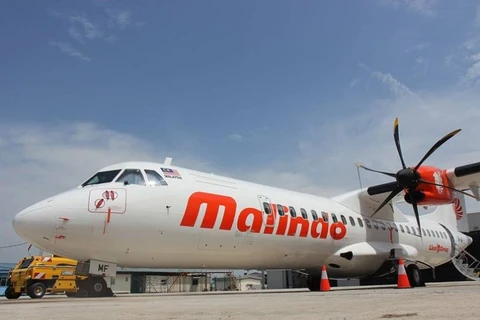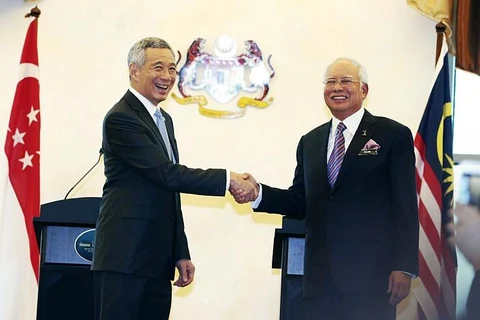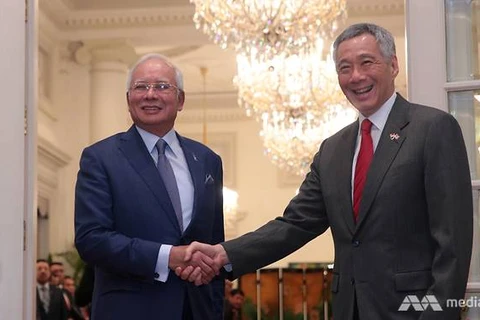 Kuala Lumpur International Airport (KLIA) 1 and KLIA 2 are nearing their capacity, according to the CEO of Malaysia Airports Holdings Bhd (Photo: AFP/VNA)
Kuala Lumpur International Airport (KLIA) 1 and KLIA 2 are nearing their capacity, according to the CEO of Malaysia Airports Holdings Bhd (Photo: AFP/VNA) Kuala Lumpur (VNA) – Malaysia plans to build a third airport at the Kuala Lumpur International Airport (KLIA) in five years, according to local media.
New Straits Times quoted Badlisham Ghazali, CEO of Malaysia Airports Holdings Bhd, as saying that KLIA 1 and KLIA 2 are nearing their capacity. They handled 59 million passengers in 2017 while their combined capacity is 75 million passengers a year.
The Malaysian government is considering the development of a KLIA 3 at the borders of Runway 3 and 4, but before that, they have committed to some investments involving baggage handling systems, which could increase passenger capacity of about five million passengers without the need to build a new terminal.
MAHB has seen growing passenger traffic at KLIA 1, KLIA 2 and more than 30 other airports it manages nationwide.
On February 12, it reported passenger traffic movement growth of 4.7 percent to 7.69 million last month at all 39 airports under its management.-VNA
VNA






















